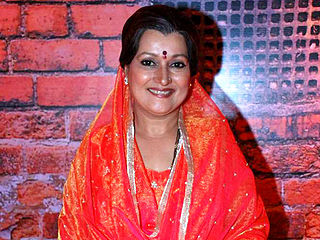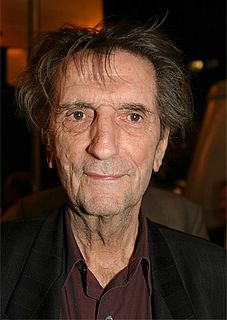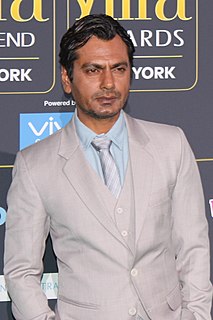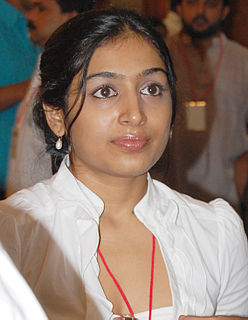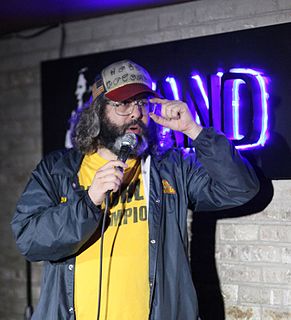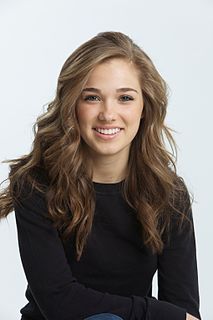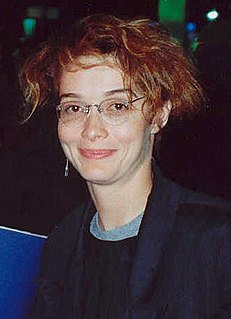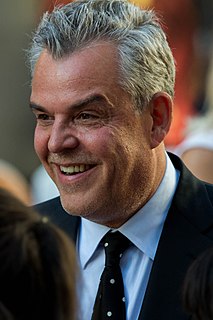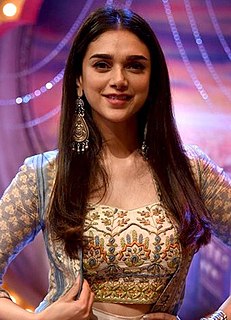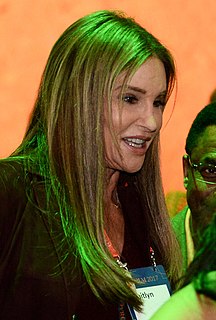A Quote by Himani Shivpuri
In the 1990s, when I made my debut, an artiste would get easily stereotyped. So I only got the roles of didis, bhabhis, chachis and buas.
Related Quotes
I hated being typecast in those roles. It was personally limiting, only playing stereotyped heavies. But I got those roles because I was angry, because that's what I projected. I was angry at my mother and father because they didn't get along, angry at the church. On top of that, I had an extreme lack of self-confidence.
Show business always tries to stereotype you, so that is something you have to fight against no matter who you are. A lot of actors who are of a minority background complain that they only get stereotyped roles, and they are 100 percent correct. However, it's also true that, no matter who you are, you get typecast as well.
Roles constantly have to be redefined in any form of entertainment. Look back at the gangster pics of the 1930s and 1940s and the way James Cagney or Humphrey Bogart would play the part. These roles were redefined in the 1970s by Al Pacino and Rober DeNiro. And again in the 1990s by Gary Oldman and Anthony Hopkins.
